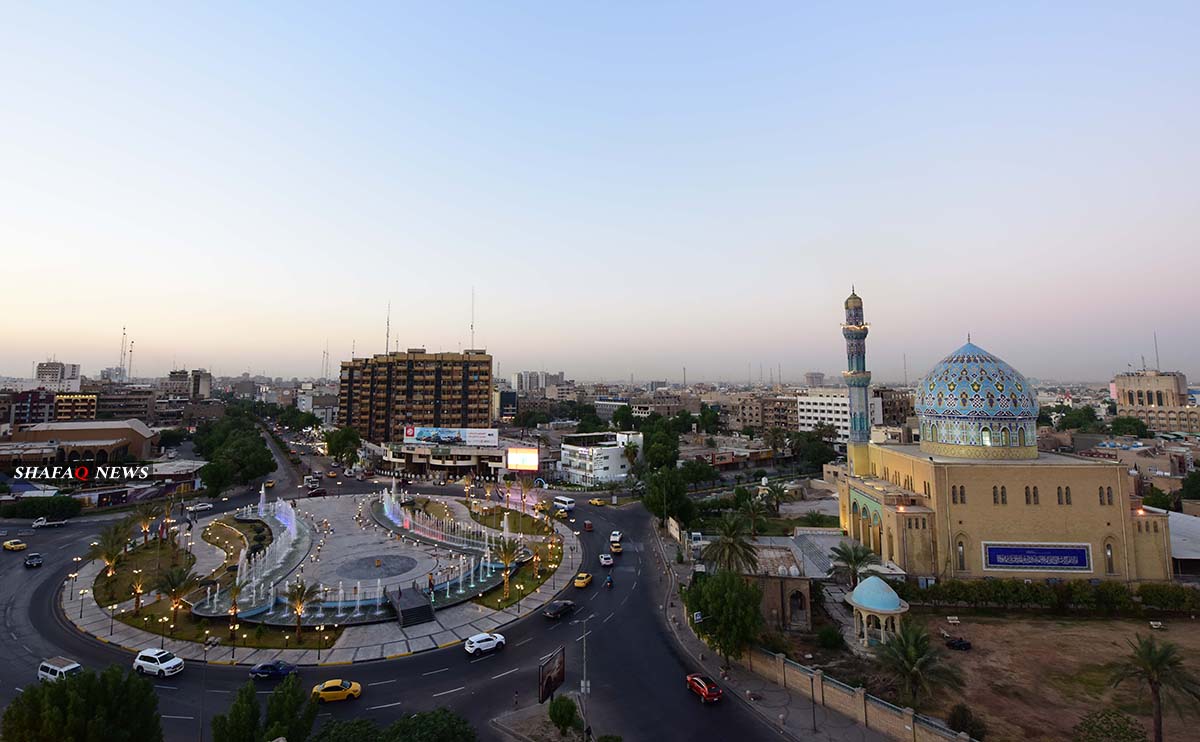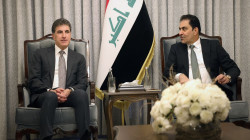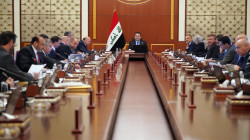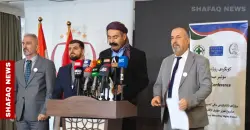The rights of minorities in Iraq under al-Sudani's government: Calls to end 19 years of "injustice"

Shafaq News / Since 2003, minorities in Iraq have voiced serious concerns about the poor representation in the successive governments that have led the country. While some demand the incoming government of Mohammad Shiaa al-Sudani to work for justice, others argue that minorities' rights are deeply rooted in the constitution, philosophy, and structure of the state.
"We have not been represented in any cabinet or government body since the fall of the former regime," said Wa'ad al-Qaddu, a member of the Shabak component of the Iraqi parliament, emphasizing that "the Shabak, like the Yazidis, are an authentic minority of the Iraqi people, and thus their lack of involvement and representation in ministries is a great injustice."
Speaking to Shafaq News Agency, al-Qaddu stressed the significance of "considering all Iraqis in terms of efficiency and integrity per the constitution and what it approved in article 16 and other articles," hoping that "Mohammad Shia al-Sudani will record a historical change and do justice to the minorities in the new government."
Structural reform
The Christian former lawmaker Joseph Sliwa believes that "the minority rights are not a matter of a portfolio in al-Sudani's, or any premier's, cabinet or a parliamentary seat that a candidate wins by the votes of citizens from outside this minority, not to mention the abominable quota system that limits the top positions in the state to the Shiite, Sunni, and Kurdish components."
"There must be secular civil laws to build the state institutions on the right foundations," Slewah added, "and there should be a secular civil constitution that does not differentiate between components or citizens based on religious, national, ethnic, sectarian, or regional affiliations, i.e., the real need is to reform the state's structure and philosophy."
Politics far from emotions
According to Dr. Essam al-Fayli, a political science professor at al-Mustansiriyah University, "positions are governed by electoral weights, because politics is far from emotions, and all Fayli Kurds who join Islamist or nationalist movements should demand their rights."
"In times of adversity, nationalist and Islamic forces sought the support of minorities, particularly the Fayli Kurds, and after the situation stabilized, they had to give them one or two seats in the Kurdistan parliament as a fixed quota, and to emphasize the quota in the federal parliament."
"The Fayli Kurds who are involved in public affairs should put more work into promoting the rights of this minority. A proportion of government positions should be reserved for them in Baghdad because they are a crucial link. Instead of boasting about their respect for the Fayli Kurds, the Islamic movements should translate it into something tangible."
Iraq has religious and national minorities in various proportions, accounting for approximately 10% of the Iraqi population. These minorities include Assyrians, Yazidis, Mandaean Sabaeans, Turkmens, Armenians, Shabaks, and Fayli Kurds, and are classified as "minorities" under UN regulations.


